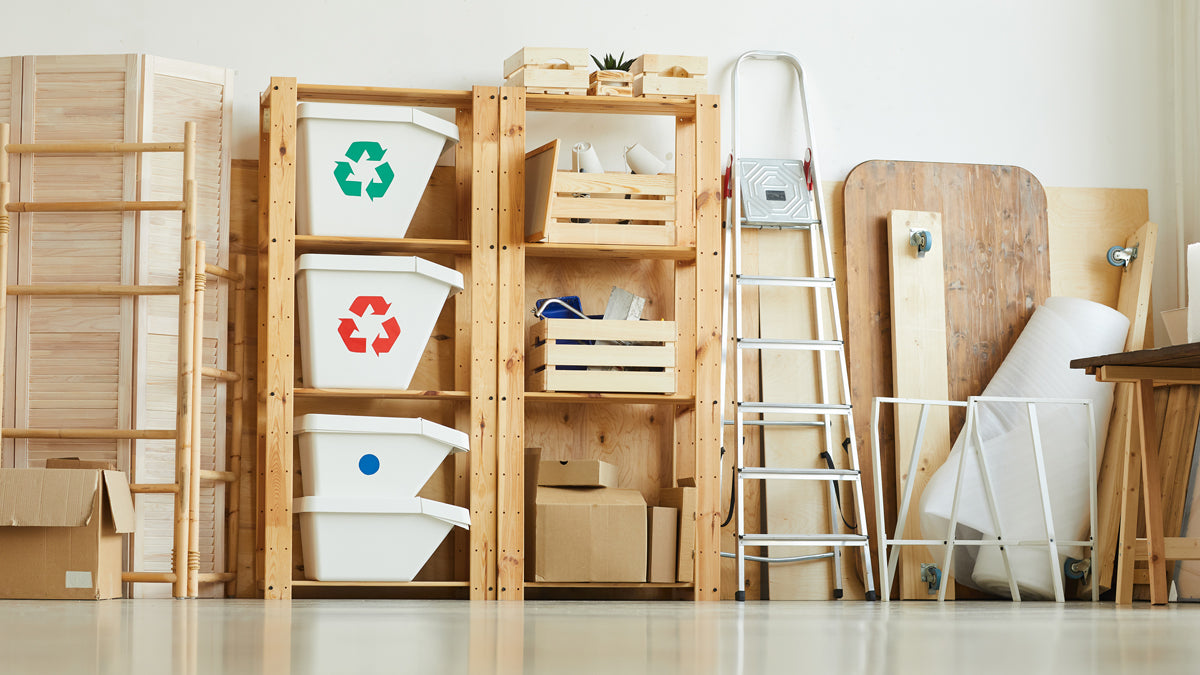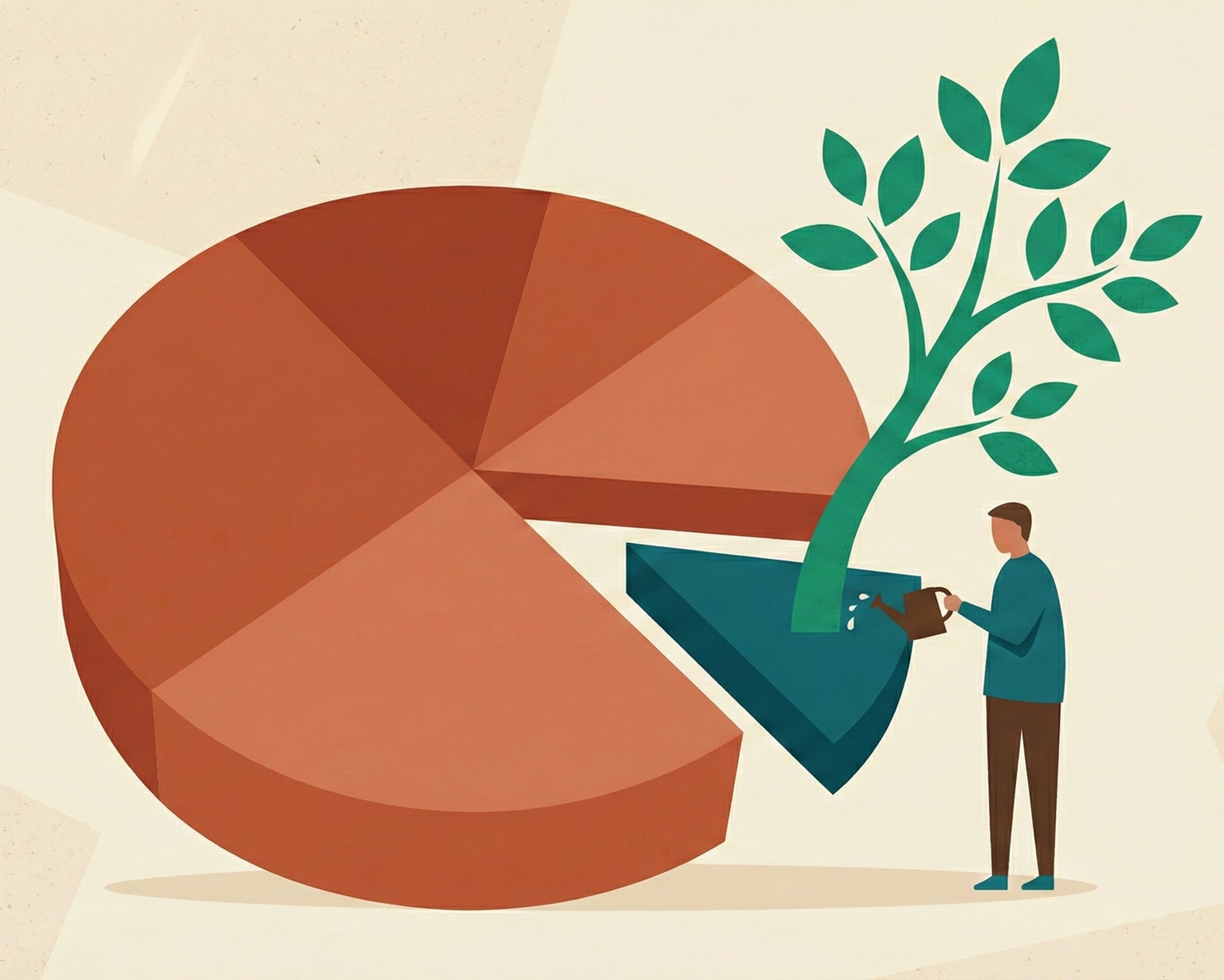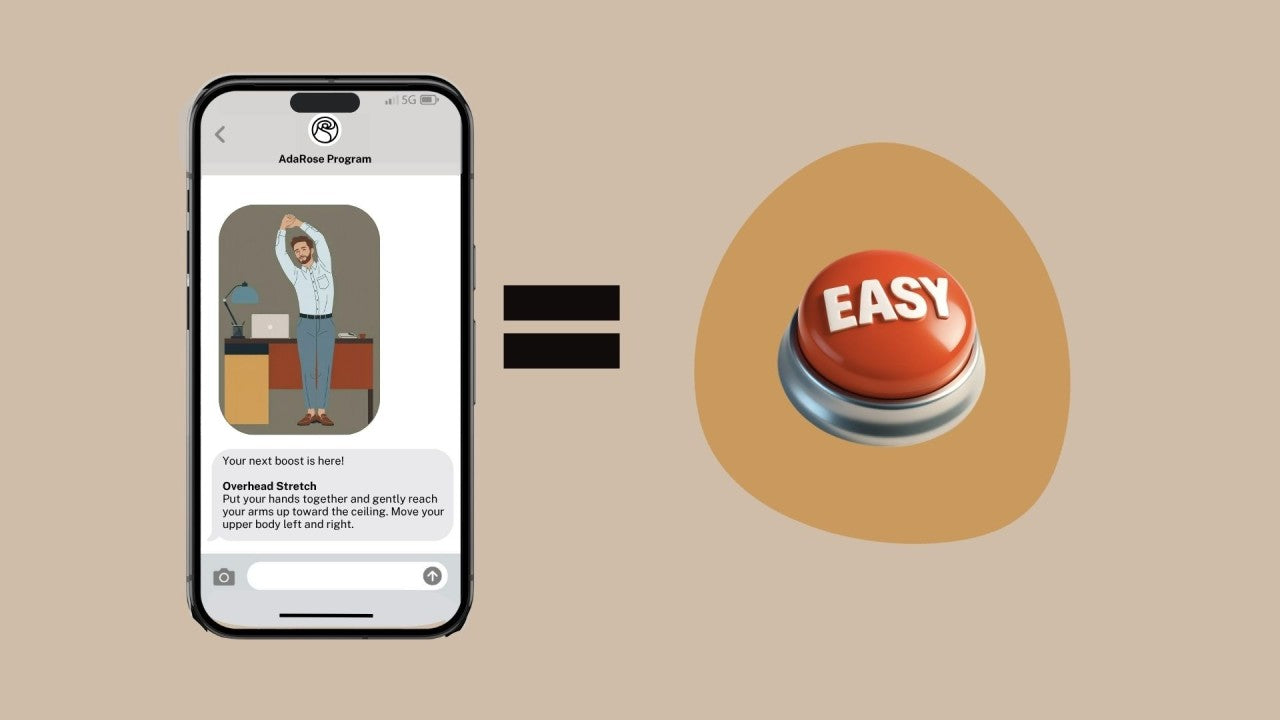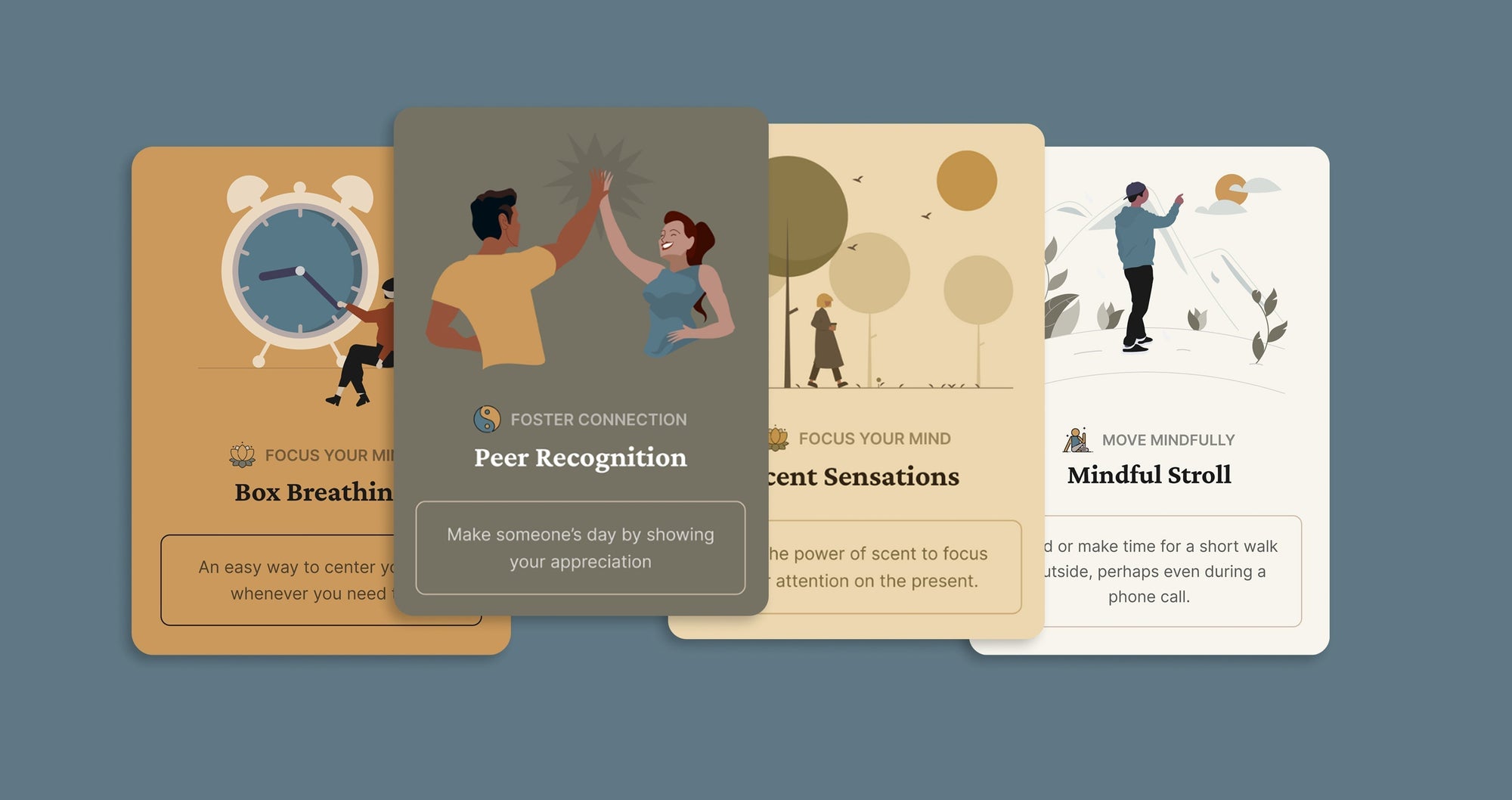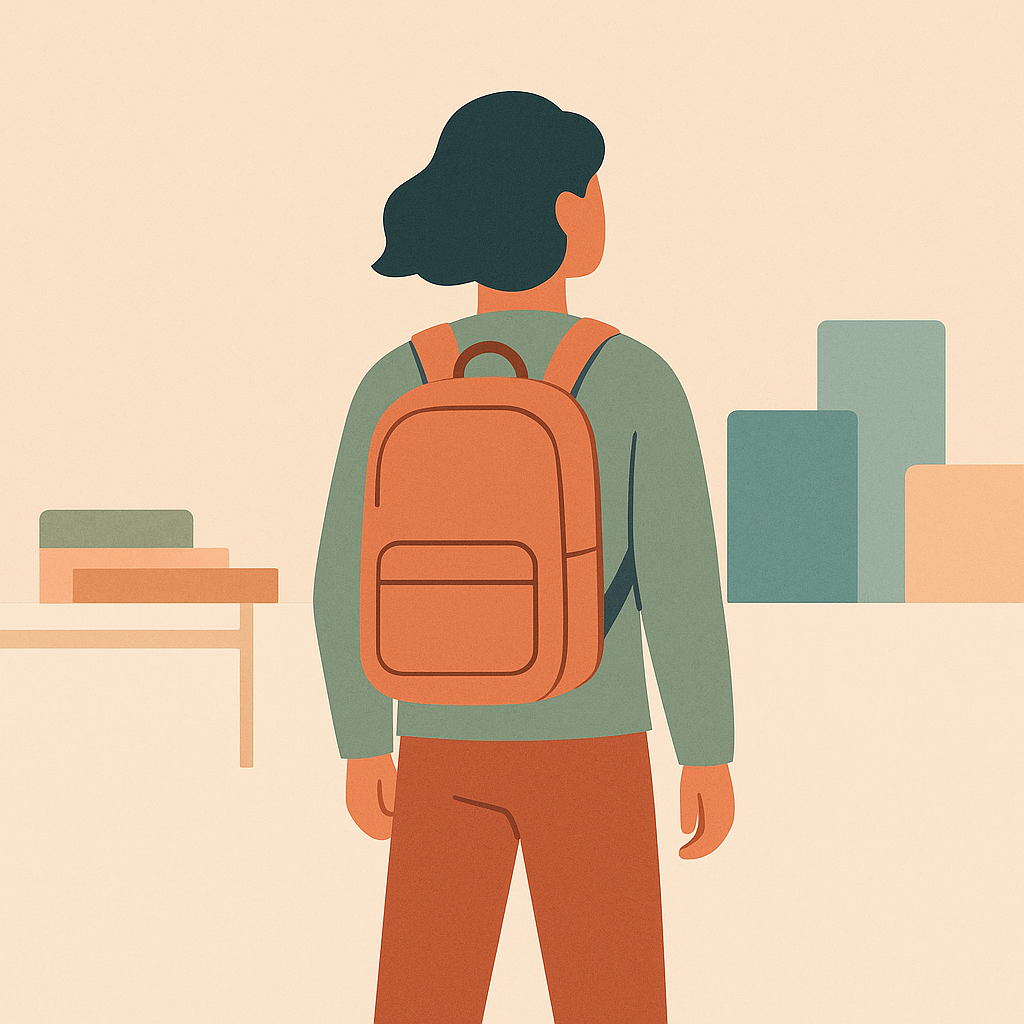Now you can do two good things at once: protect the environment and improve the health of underserved populations by donating used fitness trackers to RecycleHealth. RecycleHealth is a non-profit started by my friend Dr. Lisa Gualtieri, an Associate Professor at Tufts School of Medicine.
When it comes to fitness trackers, over the years I've had four Apple watches, three Fitbits, two Misfit Shines and a Jawbone Up! (I know, it's a little early for references to holiday music, but it's true!) One tracker fell apart, another drowned in the laundry, and a third flew into a public toilet. Most of the others, however, I've been able to recycle, in part thanks to RecycleHealth, which I've been a fan of for years.
Lisa and a group of her graduate students, several of whom I've been fortunate to meet, have given more than 6,000 fitness trackers a second life. The service is free and easy to use, and supports people ranging from school kids to elderly populations in tracking (and improving) their own health. If you have a used fitness tracker you no longer want, you can feel good by helping others feel their best. Check out the interview to learn more... and let me know if you make a donation! (RecycleHealth accepts cash as well as trackers!)
Interview Transcript
Lygeia:
Welcome to the Digital Health and Wellness podcast brought to you by AdaRose. I'm your host Lygeia Ricciardi and today's guest is Lisa Gualtieri who is an associate professor at Tufts University School of Medicine. She is also the founder of RecycleHealth for which she was awarded a Purpose Prize Fellowship by AARP.
As you will hear, RecycleHealth is an amazing program that both reduces e-waste and supports underserved populations by helping them get access to digital health technologies they might not otherwise have. Before we get started, please remember to subscribe to our YouTube channel and follow us on Instagram. So welcome, Lisa. So great to have you.
Lisa:
Thank you so much, it's an honor.
What is RecycleHealth? (0:53)
Lygeia:
Tell us what is RecycleHealth? How does it work?
Lisa:
The basic idea behind RecycleHealth is that people buy activity trackers, they receive them as presents, they get them through their corporate wellness programs. People get trackers in a lot of different ways. And sometimes they use them for a really long time, but sometimes they stop using them or they replace them with new devices. And then what do you do with the old ones
When you've got working trackers, dumping them in your junk drawer does no one any good. So we collect the trackers using slogans like, "Give your tracker a second life with underserved populations", "Empty your junk drawer" and so on.
And we collect the trackers that are sent to us. We're basically redistributing them to provide them to underserved populations who want to increase their health and fitness but can't afford tracker technology.
Lygeia:
So you started this, was it back in 2015?
Lisa:
We roughly are at our six year mark. I call it six years and 6,000 trackers later.
What inspired you to begin RecycleHealth? (2:16)
Lygeia:
Excellent! I'm glad you're tracking your trackers. But that is an impressive number. Tell us what motivated you? How did you come upon this idea? I hear you and I too have seen or worried about the drawer of unused items. But what was it that really, what got you to take that from a feeling, a pang of regret, to some of the action that you've taken?
Lisa:
Well, not surprisingly as an academic, my day job, I was preparing a class. I was reading a lot about the demographics of tracker use. And at the same time I was reading a report about the abandonment rate of trackers. And that particular report said that a third of people stopped using them within six months. It didn't go on to say why and there might be additional reports since.
But just those two ideas, that it was younger, more affluent people who were purchasing trackers and that there were a large number of trackers that were abandoned, came together in my head during the night. And I woke up in the morning and thought, could you take the trackers that nobody is using and provide them to the people who couldn't afford them? That was how the idea came about.
Being in an academic environment, I immediately threw the idea out to my students. Got a lot of positive feedback. We even had a brainstorming session about what to name the company. I think the name that my students liked the best was Itgive. And I remember as I was trying to secure the domain name I couldn't even remember myself if it was Itgive or Giftfit and then I came up with the idea of RecycleHealth.
And even though we're not actually recycling, we're reusing. Even though it's only one aspect of health, I really liked the name and immediately went and created a logo of a recycle symbol with what pretty much looks like a tracker in the middle. And that's how the idea was born.
We set up a Facebook group and we developed a website for it. And as I said, after six years of doing this with over 6,000 trackers sent out to people who would otherwise not be able to afford them. It's kind of amazing to me that we've been able to be this successful just from this small idea.
What types of people or organizations have benefited from reusing activity trackers? (5:01)
Lygeia:
Can we talk about some of the specific types of people who've benefited? So, what kinds of organizations do you give them to? Do you give them to organizations or to individual people who ask? How does that work? How did you find people? And what is the kind of array of people who received them?
Lisa:
People find us. And we work mostly with organizations that are running fitness programs. It's all ages. This will be, say, somebody running a fitness program at a school in an underserved community and they think that the trackers might be motivating to their students.
We've been working for a few years now with a homeless shelter in Central New Jersey, where they find that attendance at their fitness and nutrition classes is so much better when they're providing people with trackers. And they've also discovered there's a lot of gamification that goes on around challenging each other to increase their fitness.
We've done a lot of work with older adults and that's one of the areas that I've personally been involved with. Going out to senior centers and really helping people not just with getting the app installed on their phones, having a working tracker on their wrist. But also with tips to increase their fitness. What to do when the weather's bad. What to do if they feel like they've got limitations in their activity. So really trying to work with people.
And personally I've found that very rewarding actually going and being out in the community, talking to people, understanding. Part of it is because of the researcher in me. The amount that I've learned about the impact of poor digital literacy skills and digital health adoption is enormous.
And then I'm able to bring that back to my students teaching a class like digital health to help them to understand that it's not just about creating useful technologies but it's understanding how does somebody learn about it? Why does somebody decide they wanna try it? How easy or difficult is it for them to configure the app and to get it set up and to have an initial positive experience?
So it all kind of fits together into this world of doing something to improve people's lives, doing something to reduce e-waste, and also learning a lot.
What factors influence someone embracing digital health tools such as a wearable device? (8:24)
Lygeia:
It's interesting when you were talking about working with elderly populations and so on. I think you're right, I mean, the data showed that at least initially and still probably now although to a lesser extent, most devices are probably bought by people who, fitness devices, are bought by people who are younger and healthier.
But I imagine that has begun to shift somewhat as there are more mainstream things like the Apple watch tracking heart rate, for example, that might be of more interest to people who are in older demographics.
But there's definitely, I think there is a sense or a prejudice maybe that people over a certain age or maybe under a certain education level won't care, won't be interested. Is that what you found or have you found that not to be the case? What are the factors that lead someone to embrace this kind of technology?
Lisa:
Interestingly, a lot of the advertisements don't really focus on people who have any limitations, disabilities, people who are older. A lot of the advertisements are kind of younger, spandex clad people who are running alongside a beautiful river. And it's really easy to think that under those circumstances, you don't see an ad and think "Oh, that's for me."
Certainly trackers have become very popular as presents. A lot of workplaces have distributed trackers as part of corporate wellness programs. You know, they've become very popular.
But understanding why you want to use one. How to use it. How to integrate it into your life. That's what is so challenging for people. Even the default of 10,000 steps is something that I feel has really hurt the tracker industry because people don't necessarily understand that it's a default.
Lygeia:
So that might not be ideal for you or maybe not be attainable for you ,or maybe not all days but still 3,000 steps are better than 100 steps.
Lisa:
Exactly, and even understanding that there's an education that comes along with using the devices because many people are more sedentary than they realize. And if you've never used a pedometer or an activity tracker, you don't necessarily know how many steps you're getting into your day.
You also may have exercise routines that don't easily get tracked. If you're using weights, it doesn't get tracked. Swimming, some of the devices work and some of them don't work as well. As a swing dancer, I discovered that my steps dancing do in fact get counted.
But a couple of years ago when I broke a bone in my foot and had crutches, I discovered that even though it took so much extra effort for me to walk I was getting absolutely no steps counted.
Lygeia:
Yeah, that's fascinating. I can certainly relate to a sense of frustration when you do an exercise class and it just doesn't register on your tracker. And you're like, "But really, I did that." But also not wanting to necessarily set it.
I happen personally now to use an Apple watch but I have tried multiple Fitbits, Misfit Shines, and a whole host of other devices. So certainly I think like you, I like playing with them. But it can be frustrating when it feels like they don't fit your life.
Like back when we used to more commonly get on airplanes, you'd get a message in the middle of your flight, "It's time for you to take a few steps . Why don't you stand up?" And you're like, "No, this is not really the moment to walk."
Why understanding context when using a wearable device is so important (11:55)
Lisa:
And the point that you're bringing up is a really valuable one. That understanding of context is so important. And I would say that trackers are not that good at understanding context. If you look at any health coach, fitness coach they really do understand that and they understand how to motivate individuals. How do you translate that? How do you scale that up? It's really difficult.
Lygeia:
Well, it's interesting to hear that you work in some instances, with organizations who are helping provide that sort of translational context to people. So that makes a lot of sense to me. A device on its own is never going to really solve anything. But knowing how and where to apply it and having maybe a social context to fit it into can be totally life-changing.
Lisa:
Yeah, absolutely. It's also, just in terms of our workflow at RecycleHealth, it makes things much much easier because we don't have the staffing to really provide a customer service capability. So if we're working with somebody who's running a program we're sending them a box of trackers then it really minimizes our role in doing that.
How RecycleHealth embraces the varied backgrounds of its volunteers (13:16)
Lygeia:
So you are, if I'm correct, you work with a number of your grad students as well. They participate in staffing the program, correct?
Lisa:
Yes, we're completely volunteer run. So I'm volunteering my time. I have a couple of graduate students who are working with me. The fun thing is that everybody has different skills, different abilities, that they bring to it. And the difficult thing is that they graduate and they move on to careers and so on. So there's this ongoing shift. But the fact that people are bringing different skills to us is something that's really wonderful.
I'll give you an example, going into senior centers, one of the things that we learned very quickly is that because somebody had a smartphone, it doesn't mean that they really know much about how to use it. And maybe they've never installed an app themselves. So I trained my students, we would work very closely with somebody and help them to do it themselves to get an app set up, to get it configured and have the tracker connected to it.
One of my students worked as a bartender evenings and weekends, and she was absolutely perfect because people like to talk to us. It was fun to have us come in, new faces, new people and she would talk to them. She would let them tell their life story but at the same time she would get her work accomplished. So her bartending skills really helped her in this job. So that's just one example of what's fun about having people coming in with very very varied backgrounds and skills and we try to really embrace that.
On our website, we have a photograph that one of my students took. She's an architect by training. She came in one day, laid out a large sheet of white paper, started shaping some trackers into a big heart shape, stood up on the table and photographed it. And we loved it. And that's what we've used ever since on our website, in our social media.
And it's kind of fun because it takes away a lot of my burden. I don't have to think about how we want to represent ourselves visually? I can just take advantage of students with these incredible skills and incredible ideas. And then they do things and then we're set with our visual identity.
How do you make a donation to RecycleHealth and what happens to non-working trackers? (16:14)
Lygeia:
What does it look like to make a donation? And do you have to be in the Boston area?
Lisa:
Absolutely not. Basically, all of our trackers come, people are shipping them in boxes. And our address is 136 Harrison Ave, Boston, MA 02111. And that's on our website as well.
What we're looking for are working trackers, ideally with chargers, if you have extra bands, anything like that, that's great. Unfortunately, we can't use and we're not able to fix trackers that don't work. We also are thrilled with cash donations as well. And there is a way to do that from our website. And then also on our website is how to request trackers for your program.
If I can just go back to the point about non-working trackers. We have over the years gotten a lot of non-working trackers and we really are not able to fix them at all. One day, my nephew was spending the day with me. He was, I gave him a screwdriver and he started taking apart our non-working trackers of which I had a box at that point. These were all Fitbits.
We took out the circuit boards and we started making Fitbit circuit board earrings. And that was something that's just been really fun. We've never done it on a huge scale. We've never tried marketing them on our website. It might be a difficult thing to do because we are a non-profit. It's just one of the fun things that we've done.
We've had a couple of ideas about things to do with the other non-working trackers, making a mural to just make a statement about e-waste and technology in our society.
Another thing that we've been collecting, that I keep talking about making, is a mural out of the beautiful notes that people send in with their trackers. Sometimes telling us the history of their tracker or why they're sending it to us because they just got a new tracker. And it's fun knowing the backstory. But also people will send in, they're thanking us for the work that we do for giving their tracker a second life. And it's really fun. We love reading the notes and that's kind of a bonus when we're there unpacking boxes.
And actually, as I was saying that I just realized, kind of one of the fun notes about running RecycleHealth is that you never know what's going to happen. And probably one of the funniest phone calls that I ever got was from the world's largest roller coaster theme park. And every morning underneath roller coasters they find all sorts of things including trackers that fell out of people's pockets, flew off their wrists.
And they were putting them in a lost and found box and they didn't know what to do with them. They found us and they started sending them to us. One of my research assistants got very excited about that and started calling a lot of other theme parks saying, "If you have a box of trackers, this is what you can do with them." And yeah, again, it's just one of the fun things.
Lygeia:
Is that a common situation?
Lisa:
It's well, with the pandemic obviously-
Lygeia:
Oh yes, less though.
Lisa:
And I think that actually some of the bands are better made so that they're less likely to fall off of people's wrists.
What is your advice to others trying to improve their own health or the health of their community? (20:28)
Lygeia:
Good to know. That is very funny though and very interesting. So I love what you've done and how you took an idea and gave it life and have created benefit on so many different levels at the same time.
Do you have any advice for people just generally who have some idea about perhaps how to make their own health or their community's health better? Or otherwise kind of take on an idea that they think could improve the world? Since you've done it, what would you say to someone who's maybe came up with some idea?
Lisa:
My advice is run with it. It's fun. It's been, the number of people that I've met, the things that I've gotten to do as a result of this, it's been so personally rewarding. But then there's also the satisfaction of having hopefully increased people's health and fitness through the trackers that they've gotten that they might not otherwise have had access to.
Just taking an idea and running with it is, I didn't come up with a business plan, I didn't have a model of what if this and what if that. I just ran with the idea very much encouraged by and supported by my graduate students at Tufts. And I really encourage people to do that. It's satisfying, it's fun. And it might be successful beyond your wildest dreams.
Lygeia:
Well, I love and I'm inspired by what you do. Yeah, I just wanted to say thank you so much, Lisa for your time and for sharing your experience and also just for all you do with RecycleHealth. It helps people directly and indirectly.
I think it inspires a lot of us in this kind of industry as well as the people that you directly touch through taking their devices. I have sent some in the past, by the way, personally I don't remember if I left, I think I did write you a note. Might've been a couple of years ago. Anyway, I think it is an awesome program and so creative and thoughtful.
And I want to say thank you to those of you who are listening and encourage you, if you haven't already, to sign up for our YouTube channel and also to follow us on Instagram. We have information here about how to participate and make a donation to RecycleHealth. And we look forward to hearing your thoughts about what's on your mind.
What health and wellness and technology challenges are you trying to solve? What are you curious about? Please weigh in and be part of a broader community discussion. Thanks, Lisa.
Lisa:
Thank you so much for the opportunity to talk about my favorite topic. So thank you again, Lygeia.
Lygeia:
Take care.

